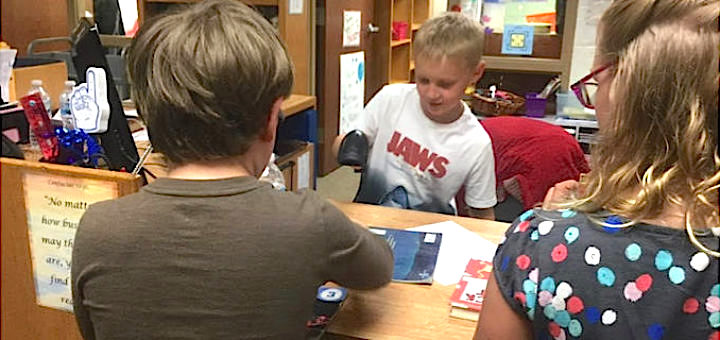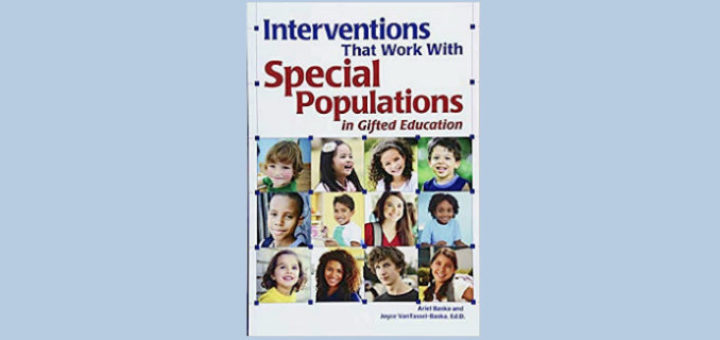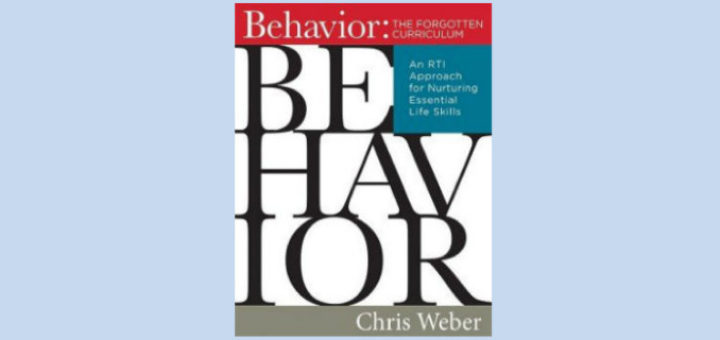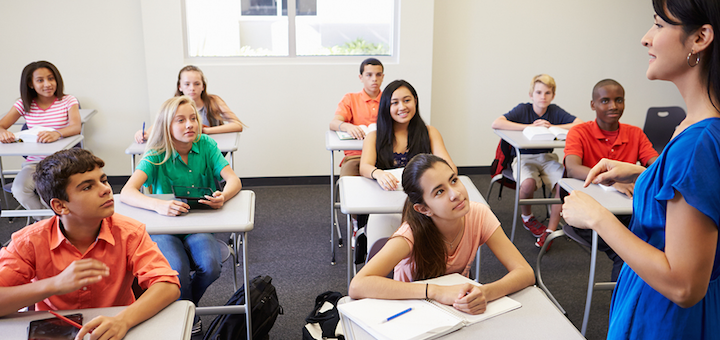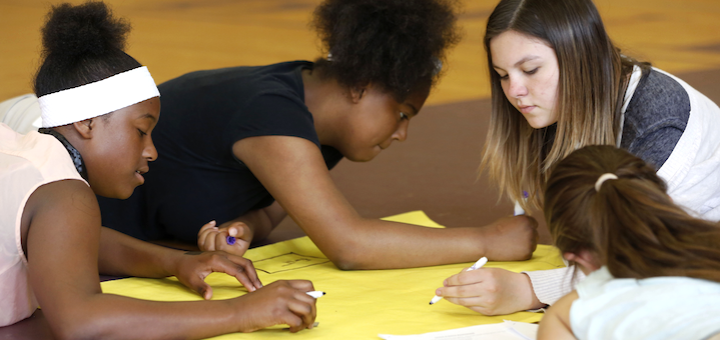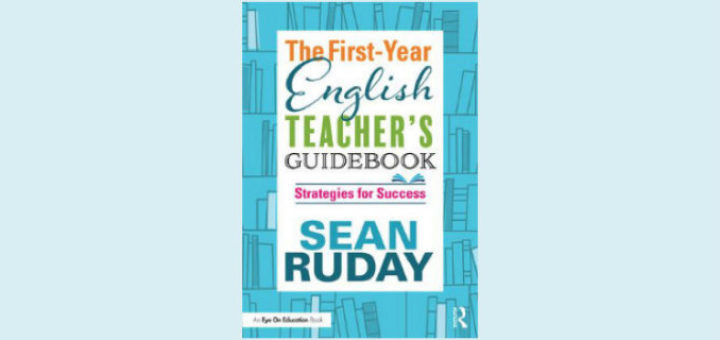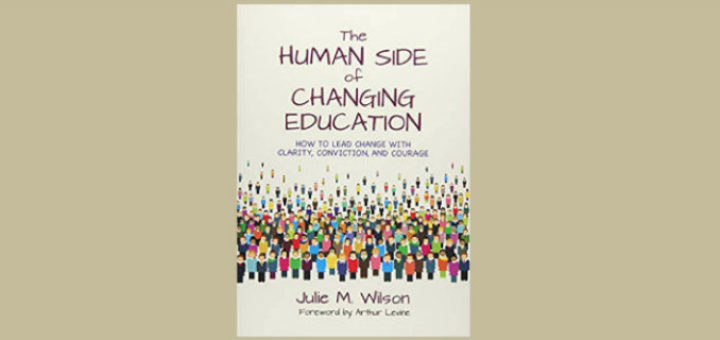Teaching and learning in grades 4-8
Students who love to read: that’s our goal! Rita Platt’s school makes open library access a top priority, with impressive results. She spent eight years as librarian before becoming principal and shares proven ideas to create an efficient and flexible kid-led operation.
Building on case studies of 11 gifted students in special populations, the authors provide resources to help all educators understand how to best serve gifted students who also have other special needs. Reviewer Pamela Shaw is a parent of two twice-exceptional kids.
Reshma Saujani offers insights about what it means for girls to be brave but not perfect. Teachers can pass her ideas on to their students, writes educator Bill Ivey, whether by internalizing them and sharing when needed or by actually studying Saujani’s book in class or in clubs.
Chris Weber’s useful book, Behavior: The Forgotten Curriculum, An RTI Approach for Nurturing Essential Life Skills, seeks to help schools implement MTSS for behavior in a systematic, practical way, with or without formal adoption of PBIS, writes principal Rita Platt.
Among the outdated teaching still found in schools, coach and NBCT Elizabeth Stein singles out round robin or popcorn reading for immediate elimination. Other research-based strategies can easily be substituted and lead to a more effective and just learning environment.
Too often classroom questioning becomes pedagogical ping-pong, resulting in predictable, back-and-forth exchanges between teachers and students. Use these questioning strategies and tools shared by teacher educator and former Kansas TOY Curtis Chandler to up your game.
Giving students tools to slice into a text and formulate specific thoughts backed with evidence has transformed NBCT Marilyn Pryle’s classroom discussions. “Instead of tentative guesses from a few, we now have detailed conversations that draw the whole class in.”
Respectful, fruitful collaboration among students is not “nice” for kids to master before they make their own way in the world – it is absolutely necessary. It’s especially needed when problems arise. Dina Strasser suggests co-creating norms that serve the whole child.
The First-Year English Teacher’s Guidebook is a trustworthy resource that is well-balanced, effective, and research-based. Preservice ELA teacher Tara Sherman expects early career educators (and experienced instructors) will find it easy to use and “wholly recommends it.”
Julie M. Wilson explains how to lead educators through change and also looks at how leaders can sustain their effort by taking her readers on a leadership version of The Hero’s Journey. Principal Michael Whisler particularly liked her Strengths-based Conversation script.

